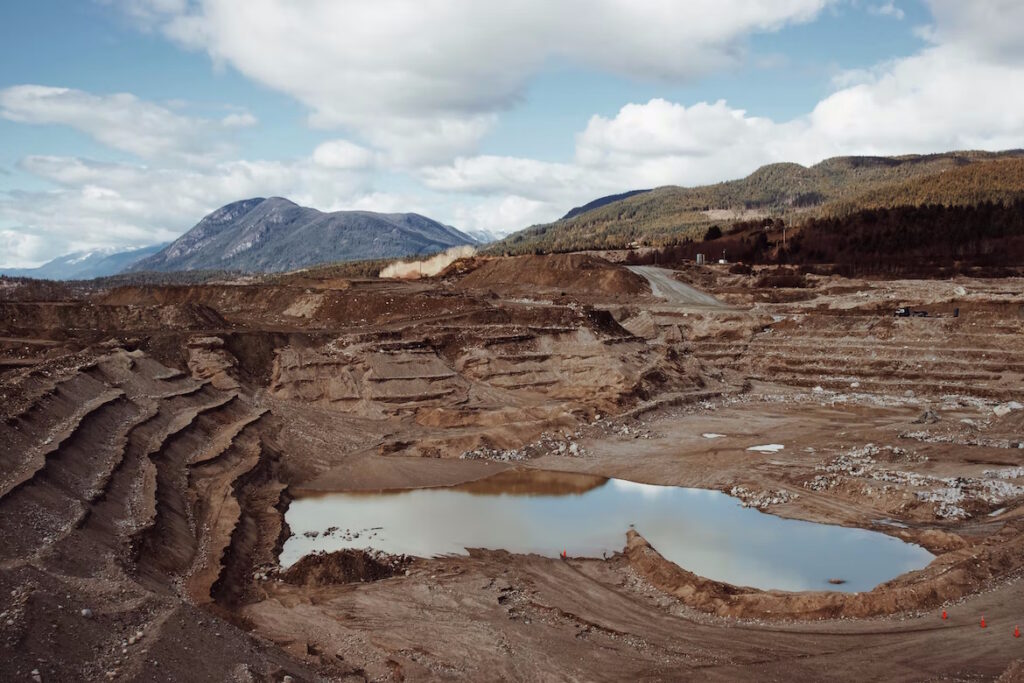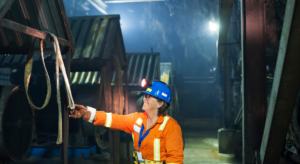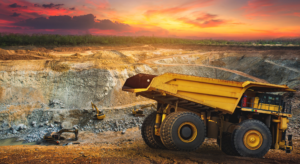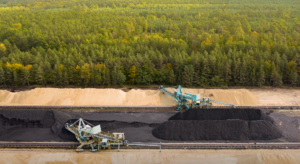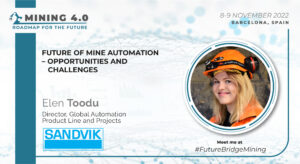Mines exist where there are metals and minerals, this is a simple truth. So it’s no surprise that there are mining operations all over the globe, including in developing countries. In fact, the developing world actually has the majority of certain mineral and metal reserves globally. Take lithium, for example. Argentina, Bolivia, and Chile alone hold around 60% of the world’s reserves. This metal will be important later. In general, the developing world has a lot to gain from extracting these valuable metals, but there are a series of unique challenges ahead. So what are the challenges of future mining in the developing world, and do they counteract the opportunities?
The Opportunities
As the world decarbonizes, the push for electrification can supercharge the economies of countries with large amounts of valuable minerals. Copper, lithium, and others will all be vital in the journey to replace fossil fuel-burning vehicles and devices. Some projections predict that demand will skyrocket as nearly every industry will be competing for these minerals. The expansion of battery production will be vital for electric vehicles, while most electronics manufacturers will also likely need to keep their own production up. Some forecasts see a five-fold increase in demand by 2050. Battery storage and hydrogen systems will need massive amounts of materials if the world is to fully cut out fossil fuels.
The developing world also has some unique advantages. These nations benefit from potentially lower operational costs and may have legislation that is less restrictive than in the developed world. Environmental risks may also increase mitigation costs, as mines can flood, collapse or suffer gas explosions. The industry also must verify if its operations do not break any international laws, as some, less regulated mines have been found to employ minors and not ensure sufficient safety measures.
The Challenges
The developing world, for all its mineral wealth, may find it difficult to attract the investments necessary to expand mining operations. Infrastructure is often underdeveloped and these countries are sometimes far from world markets. There may be political and legal risks involved in areas with less security or weaker rule of law. These ventures will need capital to expand, but investors may be unwilling to take on too much risk.
Other risks include the low productivity and labor standards of small-scale mines. From human rights abuses to general danger, metal, and mineral extraction in the developing world can be tricky. Companies need to develop long-term, systematic plans to address the technical and social issues that may hamper mine development in the developing world. Planning and organizing these sorts of ventures is costly, time-consuming, and at risk from situational changes.
What should companies keep in mind?
While it’s impossible to predict the future, there is a very strong possibility that the resource reserves of the developing world will be key to the electric revolution. As such, the mining industry should seriously begin investigating how to begin calling up extraction. To meet soaring demand, and environmental regulations and to offset the initial costs, companies need to explore the latest technology. The industry needs to put together a roadmap to understand how to best implement advances in general.
Industry leaders can benefit from meeting and interacting with peers from around the world to share the best insights and experiences. Join key decision-makers at the Efficient Mining Operations Summit in Barcelona, Spain from May 4th to 5th to learn more. Visit future-bridge.eu or mining-events.com and follow us on our social media to keep track of other events about sustainability in the mining and metals industry.

